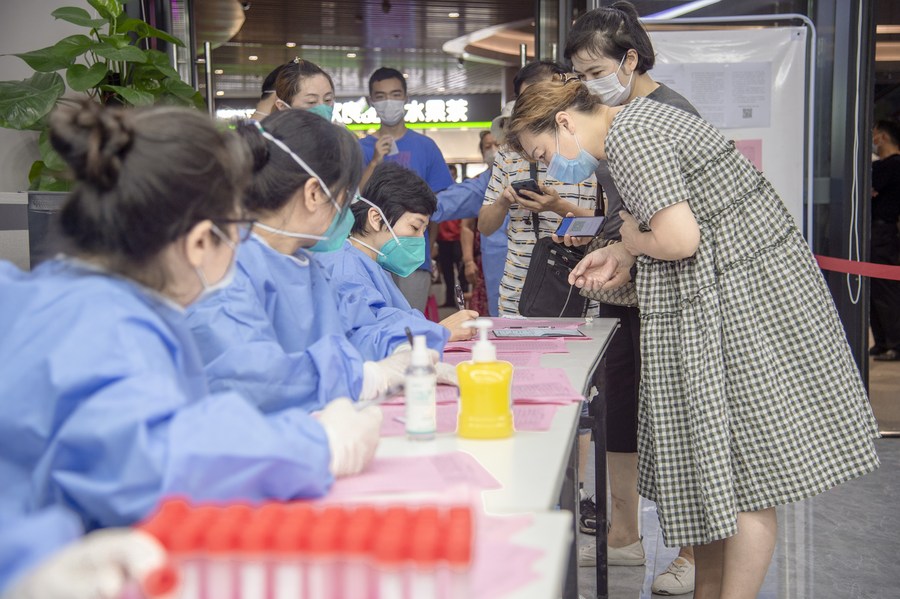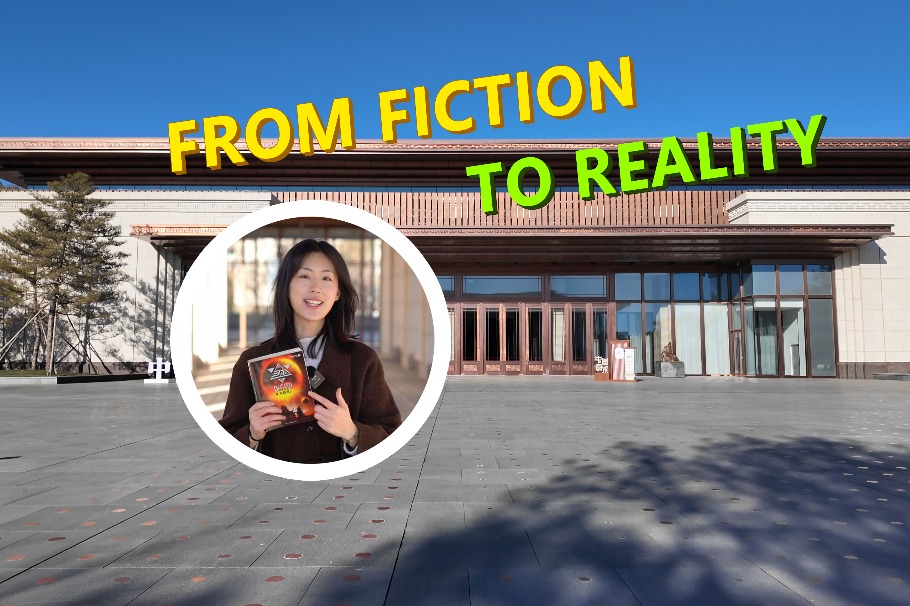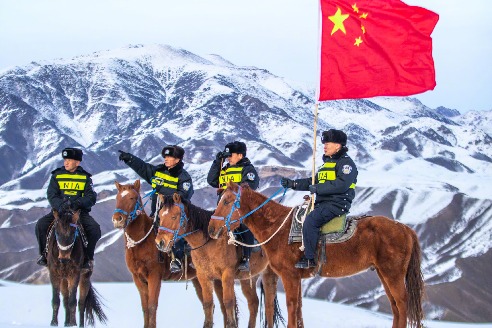Lesson behind hyperbole of Chinese researchers withdrawing COVID data
Chinese researchers withdraw COVID data.


A REFLECTION
It was not until almost a month later when Zeng, the Chinese vice-minister, publicly addressed the controversy in Beijing on July 22.
"After this incident was reported, we immediately conducted an investigation and gained an understanding of it," Zeng told the press conference.
Zeng also blasted Bloom, saying the US researcher "without confirmation from the Chinese researchers and having no knowledge of the ins and outs of the matter, made up a conspiracy theory saying it was a cover-up."
In the meantime, Bloom's suspicion and sympathetic Western press coverage -- without Chinese accounts -- dominated the public discourse in English.
After Zeng spoke and the two Xinhua journalists interviewed the Wuhan researcher, the Chinese side of the story surfaced.
A New York Times column, on July 30, included the Chinese account by citing and corroborating the Xinhua journalists' personal newsletter.
"While the disappearance of the sequences appears to be the result of an editorial error, Dr. Bloom felt that it was still worthwhile looking for other sequences of coronaviruses that might be lurking online," the column added.
Compared with the media-savvy Bloom, who was widely quoted in the press coverage and whose lab counts over 20,000 followers on Twitter, the Wuhan researcher doesn't have identifiable social media accounts and approaches the controversy in a strictly academic fashion, patiently waiting for a correction from the journal.
Throughout the interview and subsequent communication, the Wuhan researcher, apparently uninterested in politics or conspiracy theories, insisted that the only thing that could completely exonerate the authors was for SMALL to issue a correction confirming the Data Availability paragraph was indeed mistakenly deleted by the journal.
That was one key reason the authors have remained silent, so as not to embarrass SMALL publicly, said the Wuhan researcher, adding that their concern had been if they highlighted the editorial error before SMALL did, that could complicate a correction from the journal.
When pressed by two Xinhua journalists on why not respond publicly earlier, the Wuhan researcher said "I ask for your understanding -- at the time, I didn't know what to do. There was nobody telling me what to do."
That admission, coupled with Zeng's statement that the Chinese government only began to investigate the matter after media reports, stood in stark contrast with the wide speculation in the West that the withdrawal was a "deliberate obfuscation" and "deliberate obstruction."
It's unknown if Bloom has any reflection from the drama that he started. He didn't respond to an emailed request for comments.























